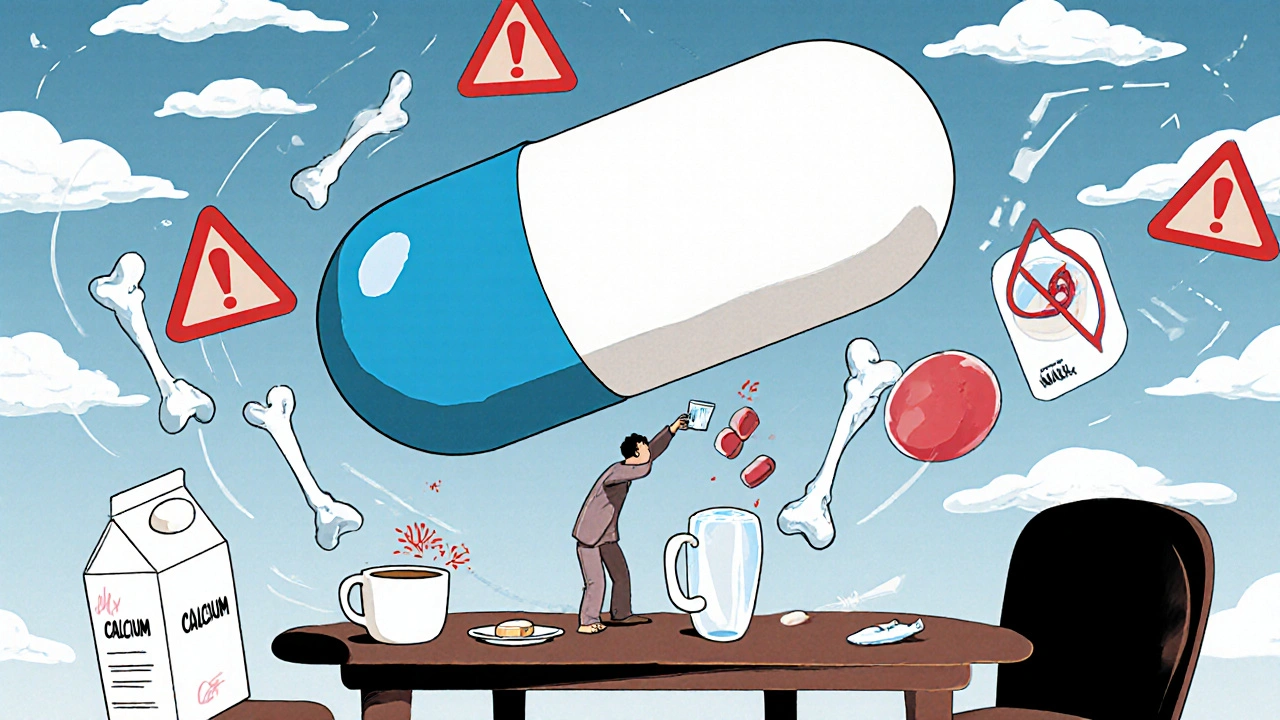Calcium Supplements: What They Do, Who Needs Them, and What to Watch For
When you think about calcium supplements, oral products designed to boost calcium levels in the body, often used to support bone strength and nerve function. Also known as calcium pills, they're one of the most common dietary additions people take — but that doesn't mean they're right for everyone. Many assume more calcium equals stronger bones, but the truth is messier. Your body doesn’t just absorb calcium on its own. It needs vitamin D, a fat-soluble nutrient that helps your intestines absorb calcium and regulates its use in bones and blood to even get started. Without enough vitamin D, those pills might just pass right through you. And then there’s magnesium, a mineral that works with calcium to control muscle contractions and nerve signals. Too much calcium without enough magnesium can lead to cramps, irregular heartbeat, or even calcification in soft tissues.
Who actually needs these supplements? Not everyone. If you eat dairy, leafy greens, canned fish with bones, or fortified foods, you might already be getting enough. But if you’re over 50, postmenopausal, vegan, lactose intolerant, or have conditions like osteoporosis or Crohn’s disease, your body may struggle to pull in what it needs. Even then, it’s not just about popping a pill. Timing matters. Taking calcium with food helps absorption, especially if it’s calcium carbonate. Calcium citrate? That one’s fine on an empty stomach. And don’t take it with iron or thyroid meds — they fight for absorption and both lose. You also need to watch the dose. More than 1,200 mg a day from supplements doesn’t mean stronger bones — it might raise your risk of kidney stones or heart issues. The goal isn’t to max out. It’s to fill the gap.
There’s a reason you see calcium supplements everywhere — they’re simple, cheap, and feel like a safe bet. But they’re not magic. They work best as part of a system: food first, sunlight for vitamin D, movement to stress bones just enough to keep them dense, and avoiding too much caffeine or soda that leach calcium out. The posts below show real cases — from people mixing calcium with thyroid meds and getting no results, to others who fixed bone pain by adding magnesium, not more calcium. You’ll find comparisons, warnings, and fixes you won’t hear from the label. This isn’t about taking more. It’s about taking right.

